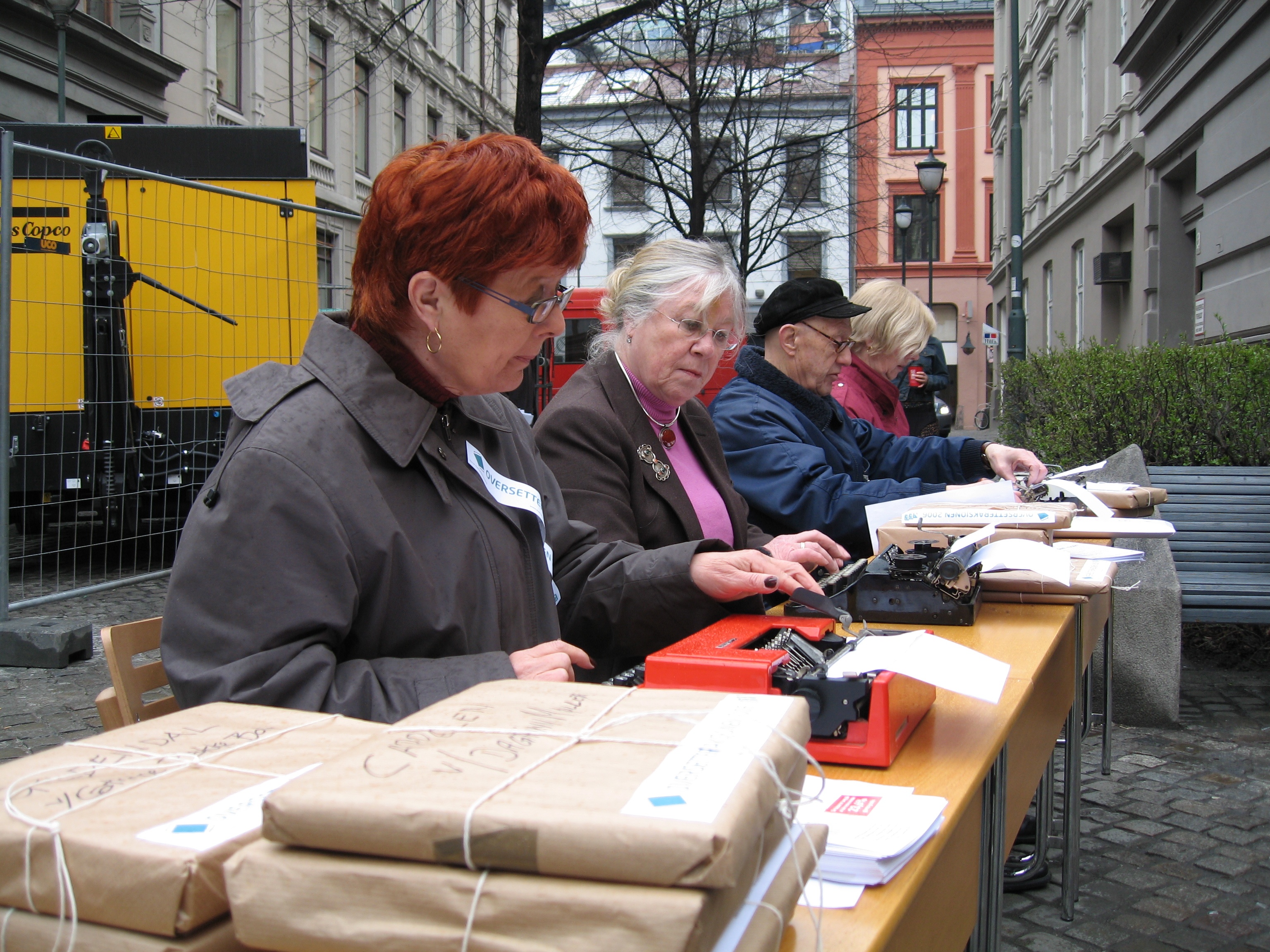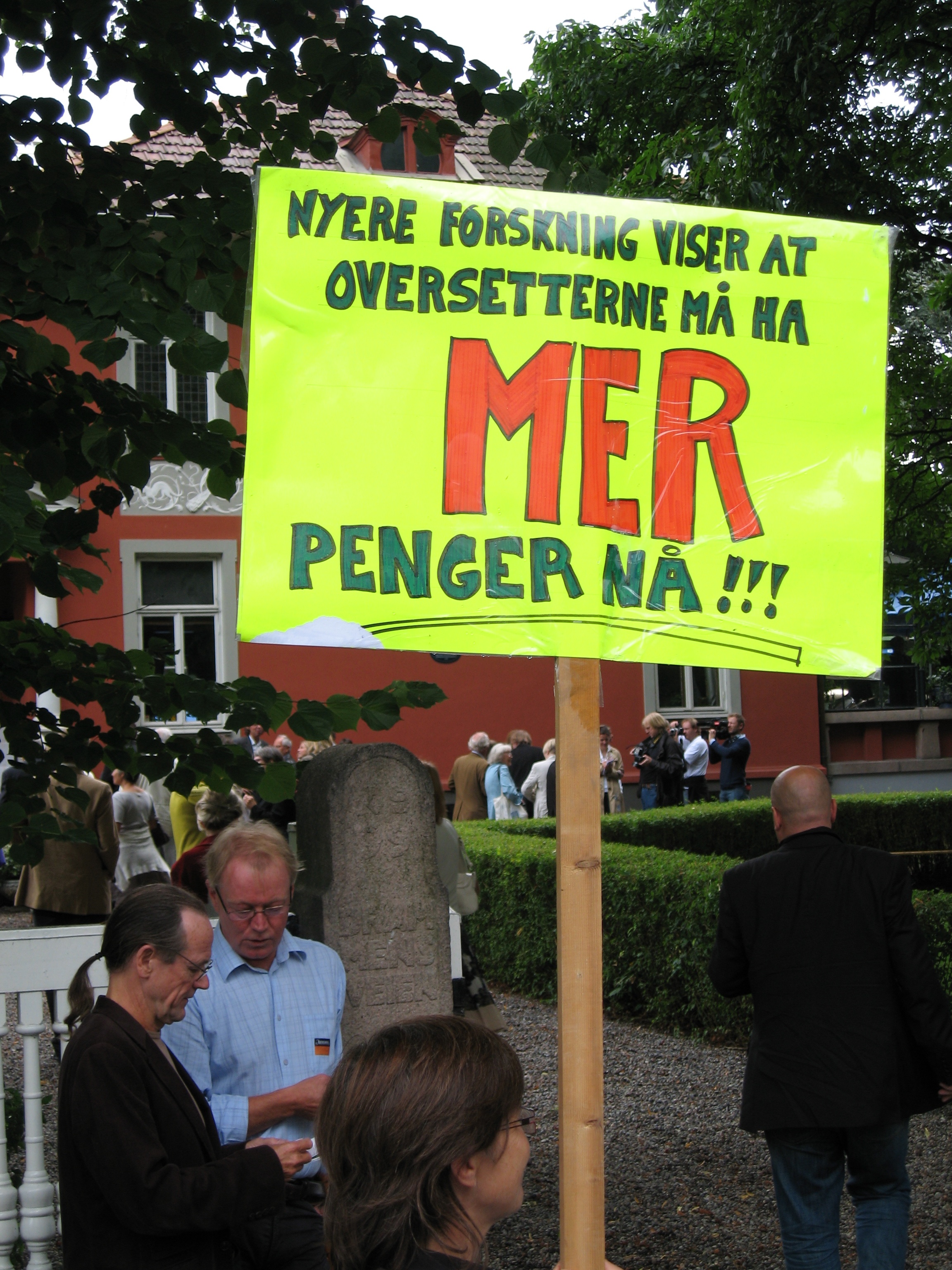
There is a tendency amongst reviewers and marketers of translated works to “forget” to mention the name of the translator. An author’s name is their brand, and failure to properly credit any author lessens their ability to make a living from their work. In most contries, this is also a breach of copyright law.
A number of translators associations therefore have constant or recurring campaigns to raise the awareness of this among newspapers, reviewers and publishers, and encourage them prominently display the name of the translator when mentioning, selling or reviewing books.
#namethetranslator is an ongoing Twitter campaign by TA (UK) to ensure the contribution of translators is recognised.
ACE Traductores (Spain) also runs a similar twitter campaign,#quiéntraduce (who translates).
The Danish web-zine Babelfisken (The Babelfish) has since 2017 published a list of omissions, under the heading: Oversætteren, der blev væk (The translator that vanished). It is simply a list, with no additional comments.
NO and NFFO (Norway) in 2017 did a survey of newspapers and literary magazines, publishers’ websites and book clubs to check whether or to which extent the translator was credited. The findings, published on the associations’ websites, were somewhat depressing, and resulted in the “Og oversett er …” campaign, which was continued throughout 2018.
ATLF (France) also did a survey of publishers’ websites, in order to make sure translators are mentioned. They checked the websites of all those publishers who publish translated books (that was a lot of work) and noted the addresses of all those who didn’t mention the translators. Then they sent them a letter, insisting on the legal obligation, but also on the fact that if the translator is not mentioned on their website, chances are s/he won’t be on Amazon, blogs, wikipedia etc. either. The results were pretty good. For about a third of them, it was an oversight, it just hadn’t crossed their minds (sigh). Some were a bit harder to convince. A few didn’t answer or got angry, for some reason.






